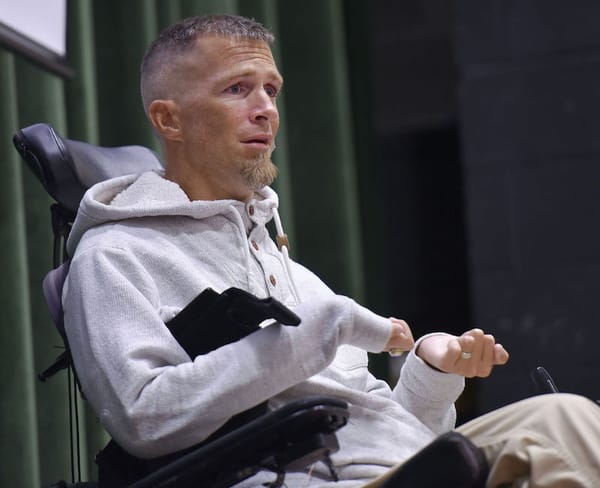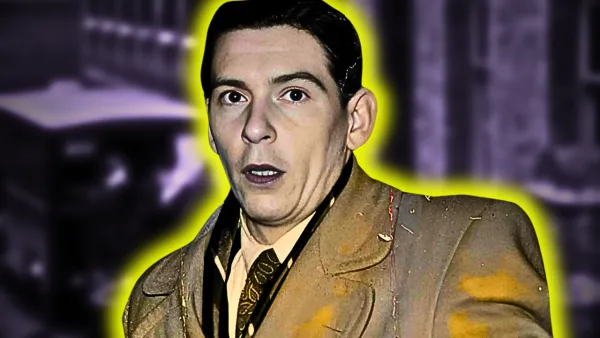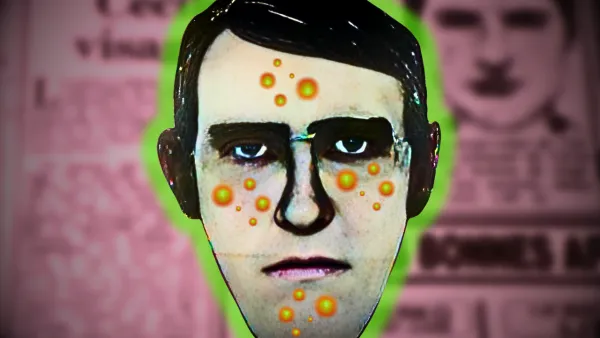A Grisly Murder Solved By Victim’s Ghost

The controversial "Voice From The Grave" true-crime case that led to a complete confession from the killer.
The Chicago Fire Lieutenant dreaded lifting the smoldering mattress because he knew what he would find resting under it. To him, it was obvious the moment he and his crew entered the 15th-floor high-rise apartment that someone had deliberately set the fire; the signs all pointed towards arson: the flames isolated only in the bedroom, the discarded book of matches hastily tossed, remnants of a crumpled up paper bag (used for kindling), and an absence of anything flammable near the bed.

It was not an accidental fire; it had been set with purpose, and he knew why — to burn evidence, and, of course, cause whoever was under the mattress to become completely unrecognizable to investigators.
Murder was common in Chicago 1977, with homicide rates, at 1,200 for the year, nearly doubled from a decade prior. Still, no-one who knew 48-year-old Teresita Basa could fathom how anyone could ruin her body the way they did.
It took the strength of the fire Lieuteinent and his strongest crewman to move the mattress that seemed melted to the floor. There they found what remained of Teresita Basa’s charred up body, or, as the Lieuteinent wrote in his report, Teresita’s “mass of burned human flesh.”
It was then that the sickening stench rose above the acrid smell of the smoke to sting their nostrils — the unmistakable stench of burning flesh. — A Voice From The Grave by Carol Mercado.
Police noted that there was no forced entry into Basa’s apartment, meaning that she had known her killer and even invited him inside. Jewelry and money had also been stolen from her apartment.
Teresita’s burned body was naked, her legs “forced open”, giving the appearance of a rape-murder. However, the autopsy would uncover that Basa was not raped, but staged to look like she was. Detectives kept this information from the media — but Teresita Basa was still a virgin with an intact hymen. Detectives used details like this to verify claims that Basa had began speaking “from the grave.”
From the Detroit Free Press, Miss Basa was lying on her back, her sightless eyes staring at the ceiling. She was naked. In the exact center of her chest, embedded to the wooden handle, was a butcher knife.
Life
Teresita Basa had no enemies — and for the detectives working on her case, this made things more difficult. Basa was generous, helping, and loving — an independent woman with a lot to give.
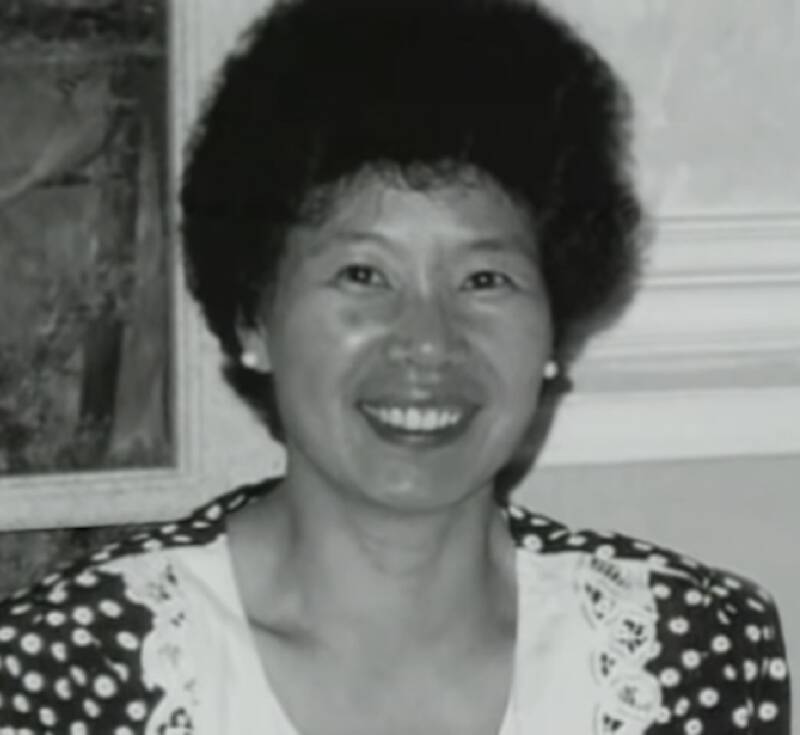
Basa, who worked as a respiratory therapist at Edgewater Hospital, had never intended to work in the medical field. Initially, she hoped to teach music; she had played the piano as a child and then studied classical music theory at the Royal Conservatory of Music in London — an exceptional feat since the school has only a 10% acceptance rate.
But Basa’s life changed when her father suddenly passed of a respiratory illness; the distraught Basa quickly pivoted her life into the medical profession. She wanted to help others to breathe, she would say, and like everything else in her life, she was exceptional at her job.
Contact
Remy Chua had heard about the awful murder of her co-worker Teresita Basa and although the two only knew a few details about each’s personal life, the sudden death began weighing heavily on her mind.
Remy too worked as a respiratory technician at Edgewater Hospital and she was from the Philipines as well — although from different cities.
It only took a few short weeks after Teresita’s murder before Remy Chua began having visions of the murdered woman’s face. Sleep became near impossible for Remy and her husband — Dr. Joe Chua, a physician at Edgewater Hospital — began providing her with sedatives.
The Chua family would finally claim that Teresita Basa had started speaking directly through Remy.
In the book, A Voice From The Grave, which collected interviews of the Chua family, author Carol Mercado documents what “The Voice” says:
“I am Teresita Basa! The Voice was strong and vibrant. Chills went up and down Joe’s spine. It was not Remy’s voice, of that Joe was certain.”Dr. Chua, I would like to ask for help from you,” continued The Voice. “Up to this time, nothing has been done in regards to the man who killed me.”
Accused
Allan Showery had never been a suspect in Teresita Basa’s murder until she — the “Voice” of her spirit — accused him of the crime. According to the Chua’s, Basa had told them that Showery had come to her home to repair her television, but instead choked her to death and set her body on fire.
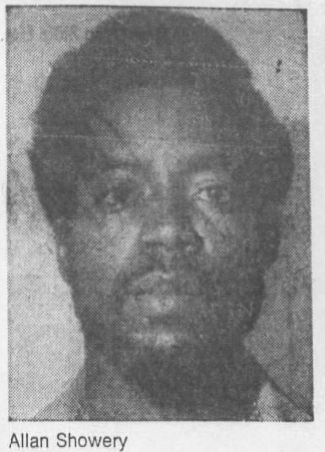
Through Remy, Basa told the Chua’s information that had not been shared in the media; such as the specific pieces of jewelry that were stolen and their significance, and then even told the Chua’s which members of her family could identify them as hers — and phone numbers to boot.
When the detective wrote down the details provided by the Chua’s testimony, he could hardly believe it. It was so implausible, yet, he knew he had no choice but to find Allen Showery and question him.
Showery was a co-worker of both Remy and Teresita in the same respiratory department at Edgewater Hospital. He had no personal hatred against Teresita, but knew that she came from a wealthy family and might have money and expensive jewelry inside her high-rise apartment; besides the jewelry, he stole a measly $30 from Teresita.
After denying the crime vehemently, detectives told him that they have found Teresita Basa’s jewelry; Allan had given the family heirlooms to his girlfriend for a “belated Christmas present.”
“To this day I’m not quite sure whether I believe how the information was obtained. Nonetheless, everything here is completely true.” — Allan Showery’s confession.
Resting In Peace
Although the first trial for Allen Showery resulted in a hung jury, who were dubious in believing just how the information regarding Showery was obtained, on Friday, February 23, 1979, two years after Teresita Basa was murdered, Allan Showery pleaded guilty — against his lawyer’s advice — to a judge and was given 30 years in prison.
Perhaps the killer’s conscience weighed on him, or maybe he was afraid that if he didn’t plead guilty, he too would be paid a visit from the spirit of Teresita Basa.


